You’ve set your sights on a career in software engineering. While a Computer Science degree is a common pathway, there are other college programs or courses that can also prepare you for this career. If you’re exploring alternatives, this guide helps you to understand the different options available.
Highlights
- Computer Science degree is the most common course to prepare you for a software engineering career.
- Other than Computer Science, there’re alternative programs that can prepare you for the same career such as Software Engineering, Computer Engineering, Information Technology, Business Information Technology, Data Science, Information Systems, Applied Artificial Intelligence and Bachelor of Science in Information Science.
Here’re are examples of courses that you can consider as alternatives to Computer Science:
Bachelor of Software Engineering: This program focuses on the design and maintenance of software systems. You’ll learn about software development, project management, and how to apply engineering principles to software creation.
Bachelor of Computer Engineering: This degree combines electrical engineering and computer science. It’s ideal if you’re interested in hardware-software integration, like designing microprocessors, circuit boards, and operating systems.
Bachelor of Information Technology: This program covers a broad range of IT subjects including programming, data management, software development, and network systems.
Bachelor of Business Information Technology: This degree combines IT and business studies. You’ll learn about information systems, e-commerce, business intelligence, and project management.
Bachelor of Data Science: This program focuses on statistical analysis, data management, and predictive modeling. It’s a good choice if you’re interested in big data and machine learning.
Bachelor of Information Systems: This degree focuses on integrating technology into businesses. You’ll learn about system analysis, IT project management, and database design.
Bachelor of Applied Artificial Intelligence: This program provides a deep understanding of AI and its applications. You’ll learn about machine learning, neural networks, robotics, and natural language processing.
Bachelor of Science in Information Science: This program focuses on the theory, application, and technology of information collection, storage, search, and retrieval. It’s an excellent choice if you’re interested in the broader context of information management and its impact on society.
Associate’s degree: You can take an associate’s degree in any of the above programs, which helps you combine college training and industry experience. Some employers consider an associate’s degree plus relevant work experience as equivalent to a bachelor’s degree.
Our take
These alternative programs offer a variety of perspectives and skill sets that can be valuable in a software engineering career. While the choice depends on your interests and career goals, each of these programs can equip you with the knowledge and skills needed to succeed in the software industry. Remember, the field of software engineering is vast and diverse, and there’s more than one path to success.
